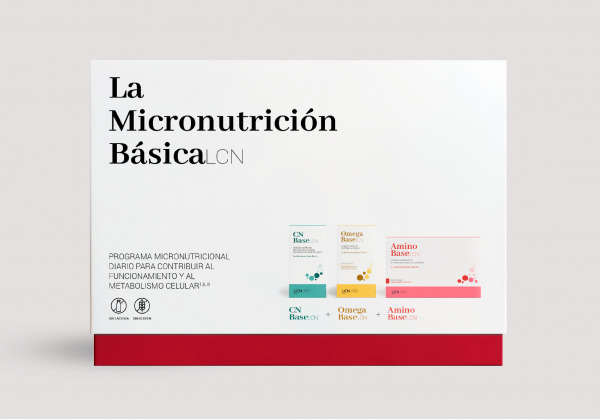There are molecules present endogenously in foods, others that form during the cooking process, and even lifestyle habits like smoking and overconsumption of alcoholic or carbonated beverages, that can affect micronutrient absorption and utilization by the body.
The following factors affect the bioavailability of or increase needs for the basic micronutrients:
Stress. Increases the need for most macronutrients and micronutrients.
Smoking. Increases the need for the following: vitamin C, folates, vitamin E, vitamin B6, zinc.
Alcohol. Increases the need for most macronutrients and micronutrients, particularly if consumption is chronic.
Caffeine. Increases the need for calcium, potassium and iron.
Sulfites (E-220 to E-228), from wine, fruit juices, canned foods, seafood, etc. Increase internal consumption of thiamine.
Pollutants and certain synthetic additives. Increase the need for most nutrients, particularly the antioxidants.
Lack of exposure to sunlight. Increases the need for vitamin D. The main source of vitamin D is endogenous synthesis from cholesterol.
Diets with excess calories, sugars, refined ingredients, ultra-processed products, trans fats, arachidonic acid and saturated fats. ncrease the need for most macronutrients and micronutrients.
Very low-fat diets. Can be deficient in fat-soluble vitamins (A, D and E), in addition to reducing the bioavailability of these vitamins and other nutrients, such as coenzyme Q10 and phytochemicals. Products containing sugar increase the need for the B vitamins, chromium, calcium and magnesium.
High-fiber diets. Reduce the bioavailability of minerals, mainly, iron, calcium, zinc and magnesium.
Diets low in meat and fish. May be deficient in the following: iron, zinc, selenium, iodine, vitamin B12, coenzyme Q10, lipoic acid, essential amino acids, and conditionally essential amino acids like DHA.
Diets low in fruits and vegetables. May be deficient in the following: magnesium, manganese, potassium, vitamin C, vitamin E, provitamin A, and essential fatty acids like alpha linolenic acid.
Diets based on refined products: white sugar, white bread, white pasta, white rice, refined breakfast cereals, etc. May be deficient in iron, selenium, zinc, copper and chromium. The more refined a plant food is, the lower its vitamin and mineral content.
Processing and cooking foods. The vitamin and mineral content of foods can be reduced by up to 90% through a variety of factors: storage, certain additives, processing, contact with air and light, and food preparation processes, mainly heat. It should be noted that heat can also oxidize and alter the fats in foods.
Vitamins A, E, C and those in the B group are somewhat unstable and affected to a greater or lesser extent by those factors. Storage and cooking produce a significant loss of folates and vitamin C. Folate content is reduced by 50% in food preparation processes, by 90% in frying, and by 70% in boiling vegetables.
The mineral content of foods is reduced by processing, light and cooking. Processing and cooking can cause a loss of up to 40% of selenium. Cereals are the largest source of chromium and silicon, but refining destroys most of it (up to 80%).
Processing with heat, irradiation, ionization… toasting, baking, roasting, frying, barbecuing, grilling to very well done, long-term storage at room temperature… all of these significantly increase toxic molecules and advanced glycoxidation and lipoxidation end products (AGEs and ALEs) in foods, increasing the need for antioxidants and the nutrients that inhibit or help metabolize and eliminate them.
Treatment of soils. The mineral content of plants depends on the concentration of minerals in the soil they are grown in. Treatment with fertilizers and pesticides reduces the mineral content of foods. Chemical fertilizers can reduce the magnesium, copper and manganese content by half, while increasing phosphates. Soil conditions have a significant effect on the selenium, copper and chromium content of vegetables.
Age. As a person ages, the bioavailability of nutrients diminishes, increasing the needs for some of them. Synthesis of antioxidants (glutation, lipoic acid and coenzyme Q10) declines with age, becoming significantly lower after 65. Deficient production of gastric acid, common in the elderly, reduces vitamin B12, calcium and iron absorption.
Chronic diseases: pulmonary, cardiovascular, rheumatic, digestive, neurological, metabolic, autoimmune, oncological. These affect the majority of the basic nutrients for the body’s antioxidant–anti-inflammatory system, including: vitamins, minerals, lipoic acid, coenzyme Q10, essential fatty acids, nucleotides and diverse amino acids.



